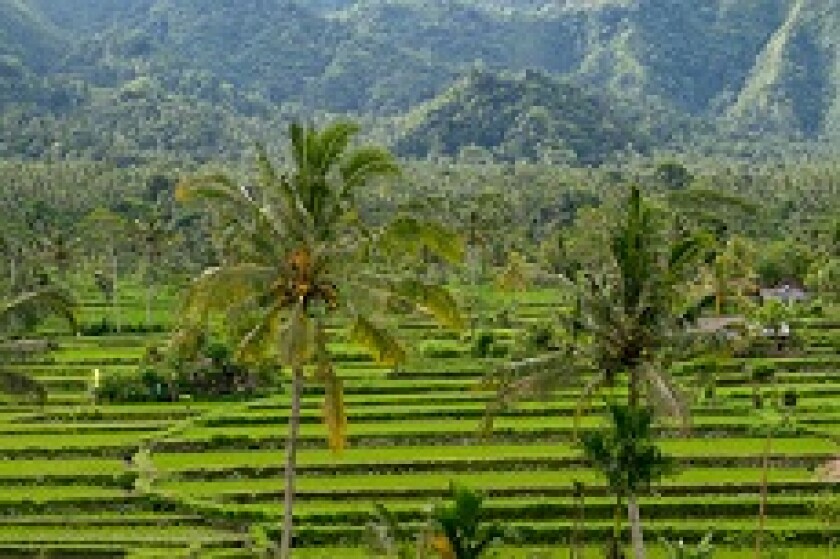Indonesia’s top climate policymaker insisted that the country remains committed to preserving its forests, despite its reputation being scarred by images of its wooded areas burned to order for palm-oil conglomerates, turning the skies of Jakarta bright red.
Speaking to GlobalMarkets, Suahasil Nazara, chairman of the Indonesian finance ministry’s fiscal policy agency, said southeast Asia’s largest economy remained “firmly committed to our promise to cut our long term carbon emissions by 30%. With international support and funding, and using the right multilateral mechanisms and checks, we are certain we can deliver on our promises.”
A year on from the Bali Bretton Woods conference, and 20 months since the Republic of Indonesia became the first Asian nation to sell ‘green’ bonds to international investors, Nazara said it was crucial to get a form of carbon-trading back on the global agenda. While it had fallen out of fashion in recent years, emissions trading or cap-and-trade schemes, which let firms or countries buy or sell credits, were essential if Indonesia — and the world — were to hit deforestation targets, and find new ways to prevent the release of billions more tonnes of carbon dioxide.
Carbon capture
He pointed to the inherent value of forestry, not as a timber resource, but as an oxygen reserve for future generations. “There isn’t much value in timber anymore,” he insisted. “The real value of our forests is stored in carbon capture and in the credit it creates, and that fact is becoming ever more embedded in the minds of Indonesian policymakers.
“We need to promote carbon credits as a tradable commodity, and we travel the country, visiting villagers and telling them that the forest is more valuable to them — and to us — if it remains intact,” he added. Last week, the country’s environment ministry launched a new green fund, capitalised to the tune of $140m, with the aim of repairing environmental damage. It included the creation of a new carbon-trading programme to help Indonesia meet its emissions targets.
Nazara said there was “more of a need for a multilateral approach” than ever to curbing climate change, slashing emissions, and creating a viable carbon-trading system that benefited poorer nations still blessed with significant primary forest cover. “Climate change can only be halted by working together, and successfully, across borders,” he said.

